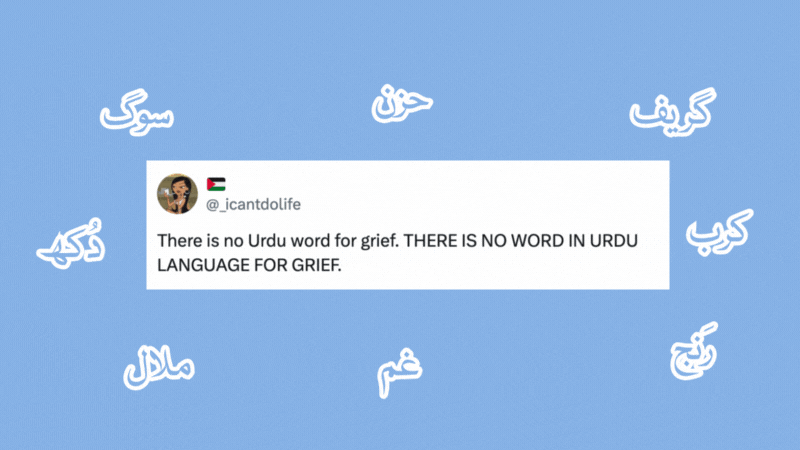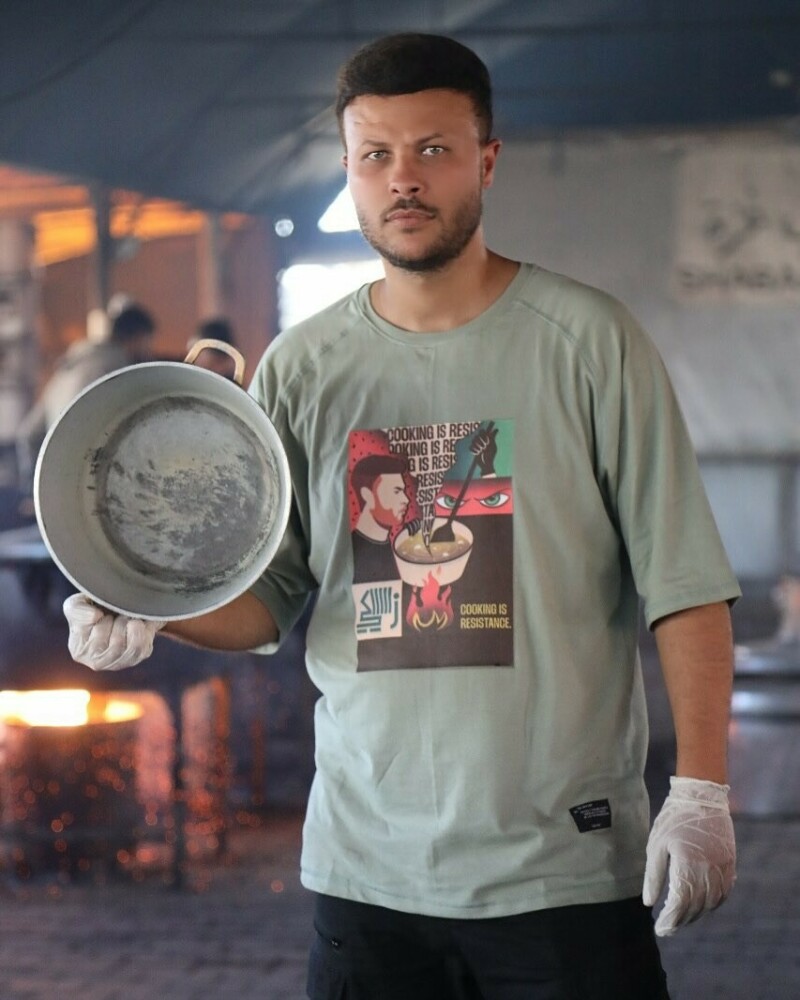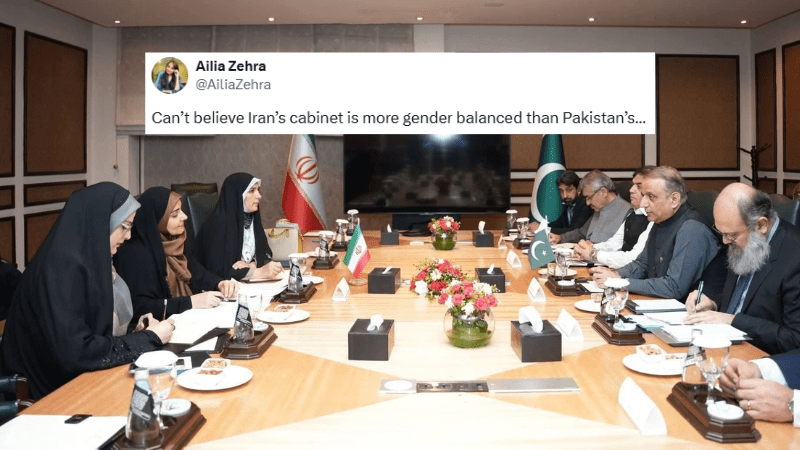This year’s Karachi Aurat March is being held on Mother’s Day to pay tribute to their unpaid labour
This year’s Aurat March in Karachi has been shifted to May 11 because many women have added responsibilities during Ramazan, the organisers said at a press conference held at the Karachi Press Club on Saturday afternoon. “Every day is Women’s Day,” they chanted.
The press conference was addressed by activist Sheema Kermani, minority rights activist Ghazala Shafique, journalist Fahmida Riaz, transgender activist Aradhiya Khan, lawyer Sara Malkani, Aisha Dharejo, and Peace and Development Organisation CEO Safina Javed, among others.
It started with the organisers stating their basic demands and manifesto. “We march because we want socioeconomic and political change of the current system, and an end to all forms of patriarchal discrimination, gender-based violence, inequality and injustice,” read a statement the organisers issued during the press conference.
Lawyer Malkani highlighted two statistics regarding women’s issues in Pakistan citing patriarchy as the underlying reason. “Twelve million girls in the country are of school-going age but remain out of school,” she said. “Even in 2025, a pregnant woman loses her life to a health-related complication every 50 minutes,” she added, which was followed by chants of “aurat ki sehat, bunyaadi haq [women’s health is a basic right]” and “aurat ki taleem, bunyaadi haq [women’s education is a basic right]”.
For the first time in eight years, the annual march is not being held in Karachi on or around International Women’s Day. This year, it is being held on May 11 in Karachi. It was held in Lahore on February 23 and held on International Women’s Day (today) in Islamabad.
The rationale behind the decision to shift the date to Mother’s Day is that May is associated with Labour Day and mothers are the biggest unpaid labourers.
“Without women’s labour, without women’s work, there would be no society,” read their statement. “Thus, every day is Women’s Day.”
Dharejo pointed out the recurring issues of honour killing, rape, and harassment in upper Sindh, highlighting that there are no medical officers available when a woman is subjected to honour killing.
Transgender rights activist Khan said the Aurat March has supported her community over the years. She pointed out an increase in hate speech against the transgender community in recent years, urging the government to take serious action and notice against it. “In 2025, it’s very easy to make a video of someone [on the internet] but the consequences of that one video are huge.”
Activist and representative of the fisherfolk community Fatima Majeed highlighted the effects of climate change on women from Thatta, Sujawal and Badin, particularly because of a lack of fresh water in the Indus Delta. “Unlike Karachi, the women have no alternative source of income,” she said.















Comments